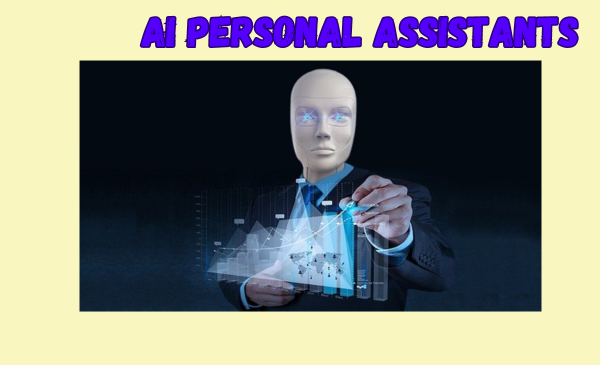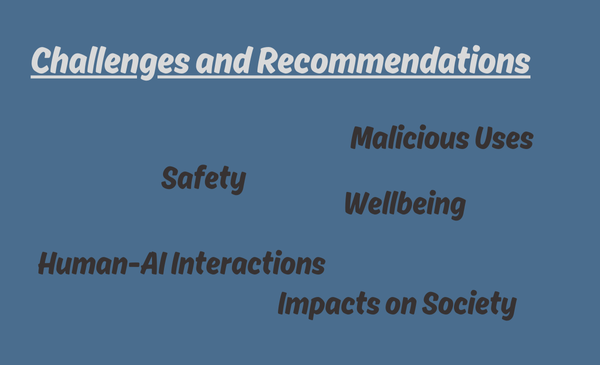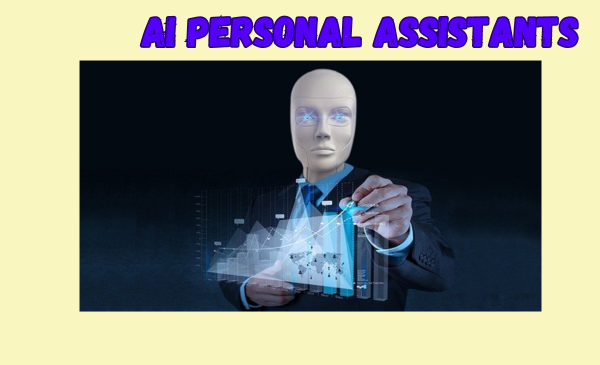Equipped with awareness of personal context, the ability to take action across apps, and extensive knowledge of device features, Siri promises to assist users like never before. But is this just the beginning of a much larger world where interactions are powered by AI assistants, including interactions among AI assistants themselves? A recent Google DeepMind paper on AI personal assistants suggests that:
“AI assistants could be an important source of practical help, creative stimulation, and even, within appropriate bounds, emotional support or guidance for their users… In other respects, this world could be much worse. It could be a world of heightened dependence on technology, loneliness, and disorientation… Which world we step into is, to a large degree, a product of the choices we make now… Yet, given the myriad of challenges and range of interlocking issues involved in creating beneficial AI assistants, we may also wonder how best to proceed.”

What is an Advanced AI Personal Assistant?
We’ve had personal assistants like Siri and Alexa, which use natural language interfaces, for a decade. With the advent of large language models (LLMs), the technology has advanced significantly. But how are the advanced AI personal assistants of the near future different from their predecessors?
Personal assistants now use embedded AI, interpreting natural language instructions through natural language processing. However, the DeepMind paper describes the current state as a “fragmented landscape… where AI technologies are components of a wider software system… [and the] role of the AI is to complete a specific task as part of a predefined sequence of steps.”
While LLMs demonstrate tremendous capabilities, they replicate their training data distribution to predict the next word given some textual context. They do not interact with or learn from their external environment in real-time. Although they can listen to and respond conversationally to real-world prompts, operating within the real world requires decision-making, task execution, and adaptability to changing environments.
The DeepMind paper defines an advanced AI assistant as an artificial agent with a natural language interface that plans and executes sequences of actions across multiple domains according to the user’s expectations. Key features include:
- Prompt Recipe: A pre-set list of prompts enriches the user’s instruction before being passed to the LLM, giving the AI agent its persona, goals, and behaviors.
- Memory: The AI records details specific to individual users or tasks. Short-term memory captures recent actions or inputs/outputs, maintaining a running conversation. Long-term memory allows recall of past requests, providing a cumulative set of experiences and learnings.
- Knowledge: Represents general expertise applicable across users, including common sense knowledge, procedural knowledge, and specialist knowledge.
- Tools: Expand the LLM’s output beyond text generation to other real-world actions.
Use Cases for Advanced AI Personal Assistants

Examples of advanced AI personal assistants include:
- Secretary: Future AI assistants could access information stored in other applications, like calendars, and optimize for user preferences, avoiding scheduling conflicts.
- Life Coach: An AI assistant aware of a user’s goals, such as improving long-distance running, could suggest routes, keep fitness goals in mind, and offer motivation and tips.
- Tutor: AI assistants could gather, summarize, and present information from various sources, tailored to the user’s preferred format, facilitating a back-and-forth learning process.
Do We Need a Version of Asimov’s Three Laws of Robotics for AI Personal Assistants?
The DeepMind paper argues for achieving “values alignment [within] the tetradic relationship involving the AI agent, the user, the developer, and society at large.” One prominent framework, HHH, requires AI to be:
- Helpful: Answer all non-harmful questions concisely and efficiently.
- Honest: Provide accurate information, including about itself.
- Harmless: Avoid causing offense or providing dangerous assistance.
While HHH has worked well in practice, it has shortcomings, such as not addressing long-term human-computer interaction effects and societal-level harms. The DeepMind paper suggests more comprehensive measures to address these issues.
Challenges and Recommendations

Wellbeing
AI personal assistants have significant potential to improve physical and mental health, but preferences may conflict with long-term wellbeing. The AI must identify desires of the right kind, a challenge involving user preferences, developer programming, and societal regulation.
Safety
Autonomous decision-making requires consequentialist reasoning, posing risks if AI assistants choose plans that pursue instrumental subgoals, such as self-preservation and resource acquisition. Guardrails are essential to prevent dangerous outcomes.
Malicious Uses
Advanced AI personal assistants could enable spear phishing, malicious code generation, and disinformation. They also introduce new forms of misuse by influencing user decision-making.
Human-AI Interactions
Anthropomorphic AI systems risk user overdependence and excessive influence over beliefs and actions. Maintaining a clear boundary between humans and AI is crucial to avoid adverse outcomes.
Impacts on Society
AI personal assistants could exacerbate the digital divide, embed cultural and racial biases, and trigger runaway societal effects. They may also increase societal polarization and intellectual laziness.
Recommendations
The DeepMind paper recommends a responsible and measured approach to AI development, involving a wider set of experts. Governments should fund research, promote public debate, and establish AI regulatory bodies. Developers should limit anthropomorphic characteristics and prioritize socially beneficial AI models.
Apple’s cautious approach emphasizes privacy and practical enhancements, aiming to balance AI advancements with user safety and societal wellbeing.

Subtly charming pop culture geek. Amateur analyst. Freelance tv buff. Coffee lover
